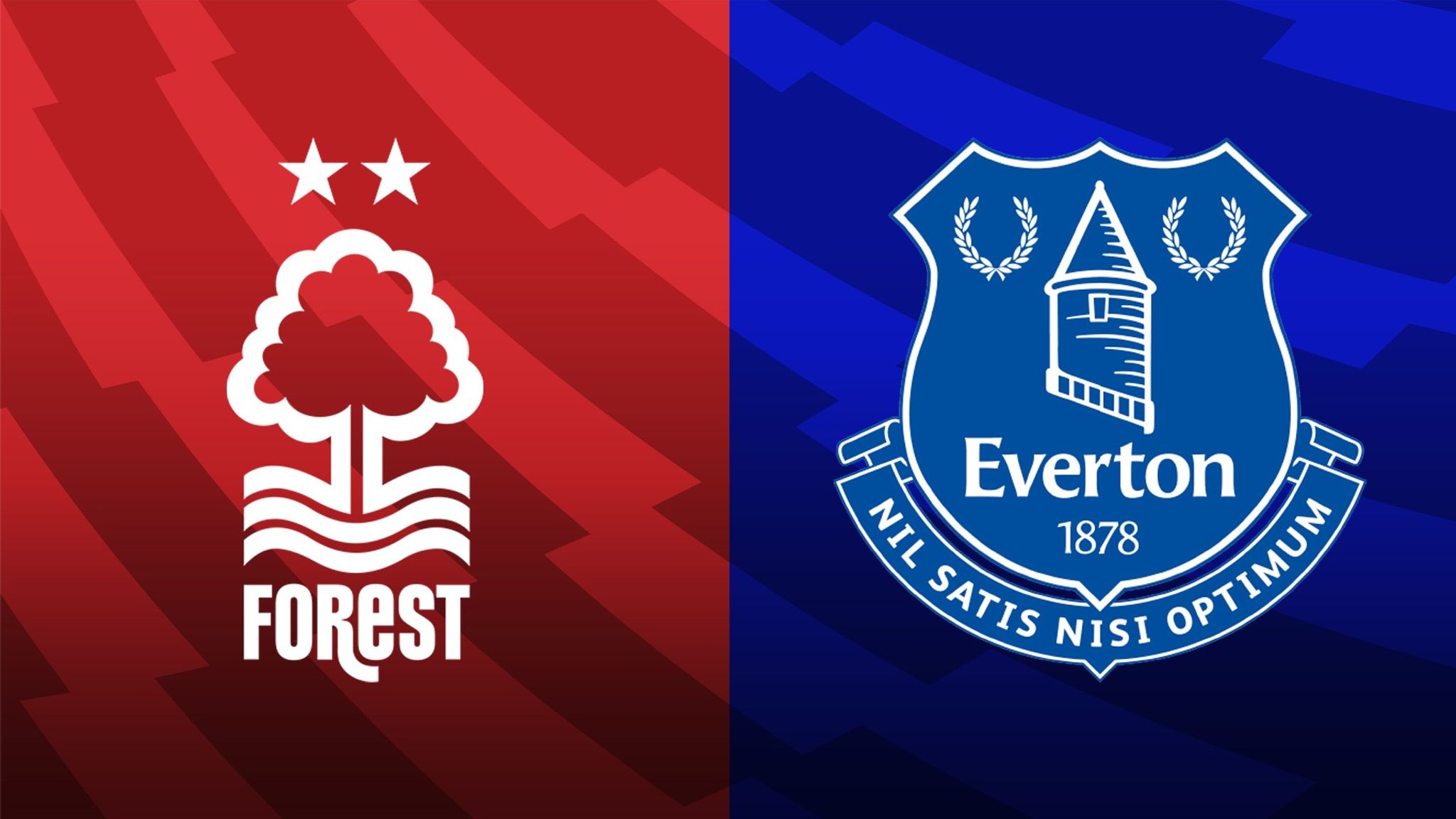“Forest have spent to try and stay up, and that’ll be part of their argument, part of Everton’s spending in the early part of that was to try and get into Europe,” Plumley says. “It’s not too dissimilar, it’s spending to try and compete, to gain a sporting advantage. That overspend is part of Everton’s case as well.”
The simplest penalty system would be one comparable to most major American sports – clearly defined guidelines for punishment where a certain breach correlates directly to a certain punishment.
As sports finance expert Dr Rob Wilson recently told i: “The main problem the Premier League are facing is that there is a) no precedent for the penalty and b) there’s nothing written down in the rulebook about what the penalty should be,” he said. “In all American sports, there are clear regulations for financial punishment – ‘If you exceed by X, this is what happens’. The Premier League haven’t published their equivalent of that.
“The Premier League will have to be kicked into action in defining the actual penalties for breaches of similar nature going forward. It has to be that a specific amount lost leads to a specific points deduction.
“Uefa are implementing much more clearly-defined penalties for points deductions, squad size limits and potentially even relegations if you massively breach. The Premier League should use those to write the rulebook properly.”
But as Plumley explains, the Everton and Forest cases will not be judged in this way.
“Whatever the verdict is with Everton and whatever it is with Forest, you’ll naturally compare them, that’s human nature,” Plumley says.
“A lot of this is being driven by the independent regulator. It doesn’t matter what club it is, if there is a breach, we’ve now seen the PL come out firmly and say ‘we’re going to take you to task and we’re in charge of the league’. Everton and Forest are the two examples.”













